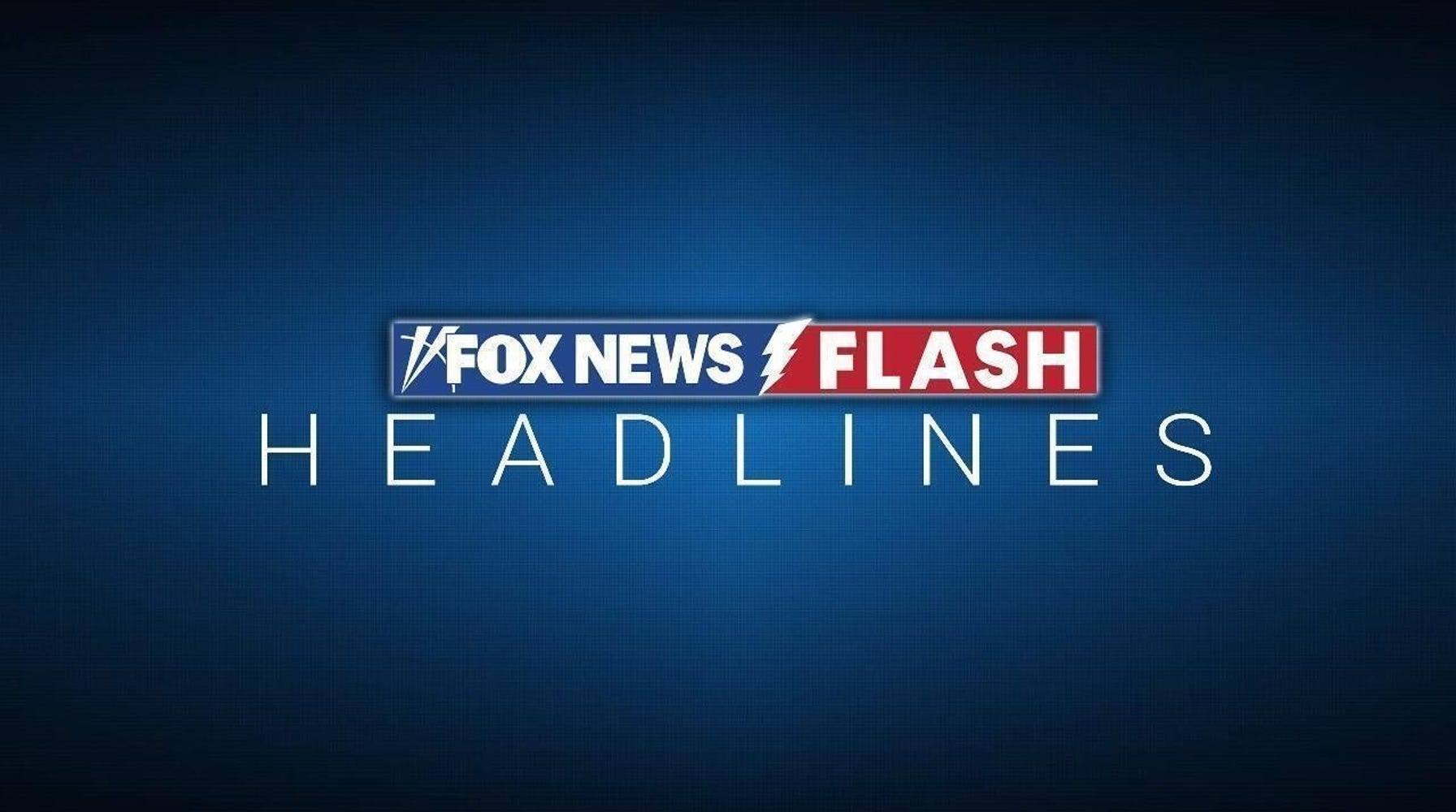Despite warnings from economists, political leaders from both parties continue to propose increased spending, exacerbating the already unsustainable national debt and harming everyday Americans.
America stands on the precipice of a fiscal catastrophe, burdened by a $35 trillion debt that continues to balloon uncontrollably. This debt, equivalent to over $100,000 for every American, poses a severe threat to the nation's financial health and the well-being of its citizens. Yet, shockingly, the major presidential campaigns have no plan to address this impending crisis, instead engaging in a bidding war to further worsen the problem.
For decades, America's political leaders have ignored the unsustainable trajectory of entitlement programs, with their benefit promises far exceeding their tax base. Both parties have a propensity for increased spending, despite the dire consequences it entails. Tax cuts have been blamed for the soaring debt, but data from the Congressional Budget Office clearly indicates that revenue has remained stable, while spending has surged significantly beyond previous levels.

The Looming Debt Crisis: Why America's Political Leaders Are Failing to Address the Issue
The looming debt crisis is compounded by the demographics of the Baby Boom generation, whose retirement will soon put an unprecedented strain on Social Security and other programs. Soaring health spending, driven by the same demographic factors and inflated medical costs, adds another layer of complexity.
Emergency spending enacted by both parties during the pandemic has exacerbated the debt crisis, adding over $5 trillion to the national debt. Currently, the annual interest on the debt alone exceeds all federal spending on children and defense combined.

The Looming Debt Crisis: Why America's Political Leaders Are Failing to Address the Issue
Efforts to balance the budget have been repeatedly dismissed, with hope for fiscal discipline being overshadowed by the allure of increased spending. Commissions and experts have issued warnings and recommendations, but they have been largely ignored. Proponents of Modern Monetary Theory (MMT) argue that the federal government can indefinitely print more money, downplaying the consequences of excessive spending.
The pandemic's massive federal spending, as warned by former Treasury Secretary Larry Summers, has fueled significant inflation, resulting in prices rising 20% since the Biden-Harris administration took office. The Federal Reserve's response to inflation has seen the highest interest rates in two decades, driving up mortgage rates and disproportionately impacting lower-income Americans, who spend a greater share of their income on housing.

The Looming Debt Crisis: Why America's Political Leaders Are Failing to Address the Issue
Despite concerns about inflation, both presidential tickets propose even greater deficits. Former President Donald Trump supports exempting tip income from federal taxes, while Vice President Kamala Harris wants to provide $6,000 payments in a child's first year. Senator JD Vance proposes doubling the child tax credit to $5,000. None of these plans account for the enormous costs involved, estimated to exceed $1 trillion during the next decade.
The Penn Wharton Budget Model projects that Trump's plans would increase deficits by $4 trillion compared to Harris's $2 trillion, assuming she doesn't revive her previous proposals for a Medicare-for-all system and $2,000-per-month stimulus checks.
Recent experience suggests that neither campaign's promises of reduced prices and interest rates amidst higher spending and debt hold any merit.
Ultimately, it is not the politicians but the American people who will bear the burden of this fiscal recklessness. Modest income earners and younger Americans will suffer the most from higher taxes, inflation, and interest rates. We must demand more from our leaders than empty promises and demand accountability for their actions.










